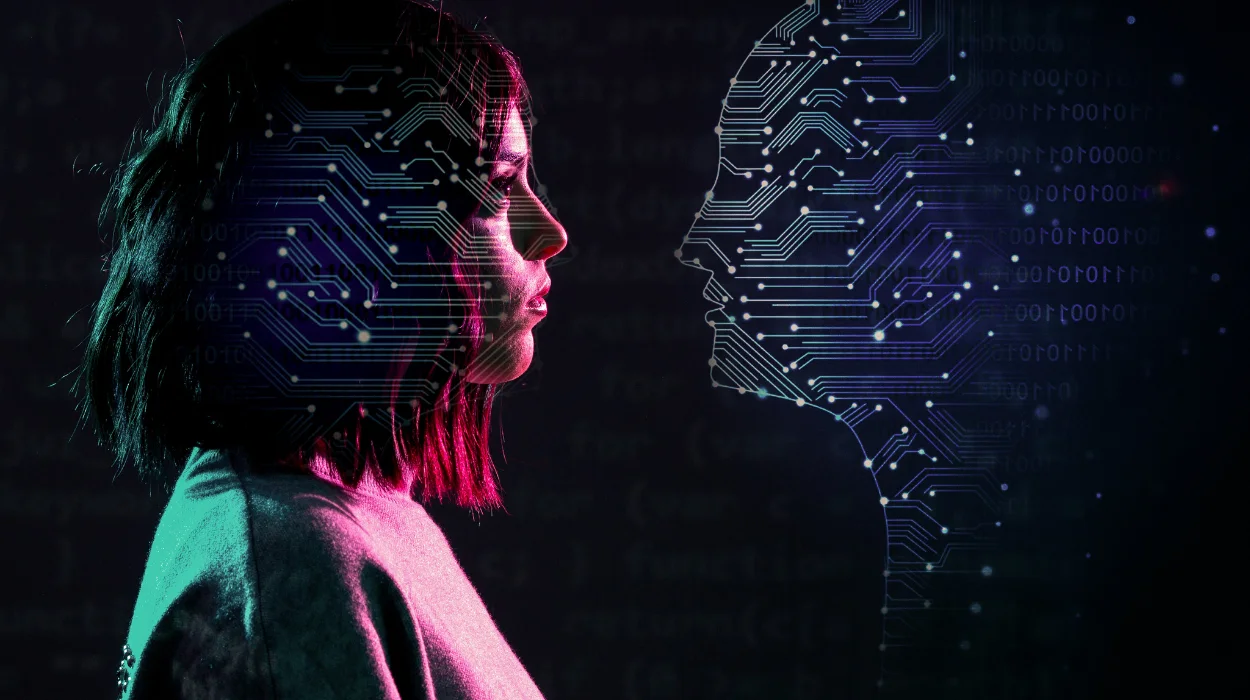Once, Artificial Intelligence was like the quiet helper in your spreadsheet. It made typing faster, helped you find your lost phone, and even suggested you watch Sharknado 4. (Bold move, AI.)
Then the unexpected happened: the helper became the boss.
With tools like ChatGPT and email‑writing bots, AI decided it didn’t want to stay behind the scenes. Now it’s eyeing your job, your therapist’s job, your grandma’s knitting circle—and maybe even your pride.
Built on Other People’s Work
AI didn’t build itself—it was trained at huge cost. Tech companies fed it everything from Reddit debates and medical papers to fanfiction and YouTube comments. Somehow, it “learned” to analyze vibes.
After all that investment, AI is actually cheaper than a human worker. Even better for companies: it now sharpens its own skills on the job—for free.
The Ultimate Cheat Code
Here’s the trick: let AI sit in on real professionals’ work, absorb their know‑how, and pay nobody for it. Imagine an intern who never asks questions, skips paperwork, never needs lunch—and then takes your job by Friday.
Who Let This Happen?
Our leaders. Some politicians still call every app “the Facebook.” They heard the buzzwords, enjoyed lobbyist‑paid breakfast pastries, and decided AI is the new god—always right, always obedient, and never unionized. Perfect!
Free Training, Fast Learning
Thanks to gaps in the rules and lots of hype, AI now learns how we teach, write, design, diagnose, and deliver services—without paying a cent.
Assist vs. Replace
There’s a big difference between helping and replacing. That line is vanishing faster than your title in a company reorganization email.
AI does have value. Use it to speed up simple tasks, catch fraud, reduce mistakes, or calm down an upset customer. But don’t let it headline the show when it still can’t tell a joke from a serious comment. It can draft a press release, but it can’t lead with real empathy or comfort a coworker who’s sad about a soggy lunch.
People Built Our World
Our messy, meaningful, unpredictable world was built by real people—people who laugh, argue, cry, forget passwords, and bring decades of experience behind a warm smile.
So no, AI isn’t ready to replace professionals. It grew up on the internet, was trained on unpaid labor, and was unleashed by companies that might replace their CEO with a vending machine if it bumped the stock price.
Keep the Intern in Its Place
If we let AI run everything, we won’t be innovating—we’ll be automating ourselves into irrelevance. Let it handle tasks, not titles. Let it assist, but not take over.
Because once robots start writing wedding vows and leading grief‑counseling sessions, we’ll miss the messy, emotional, flawed—and wonderful—humans we are.
And AI? It still calls you “user.”


